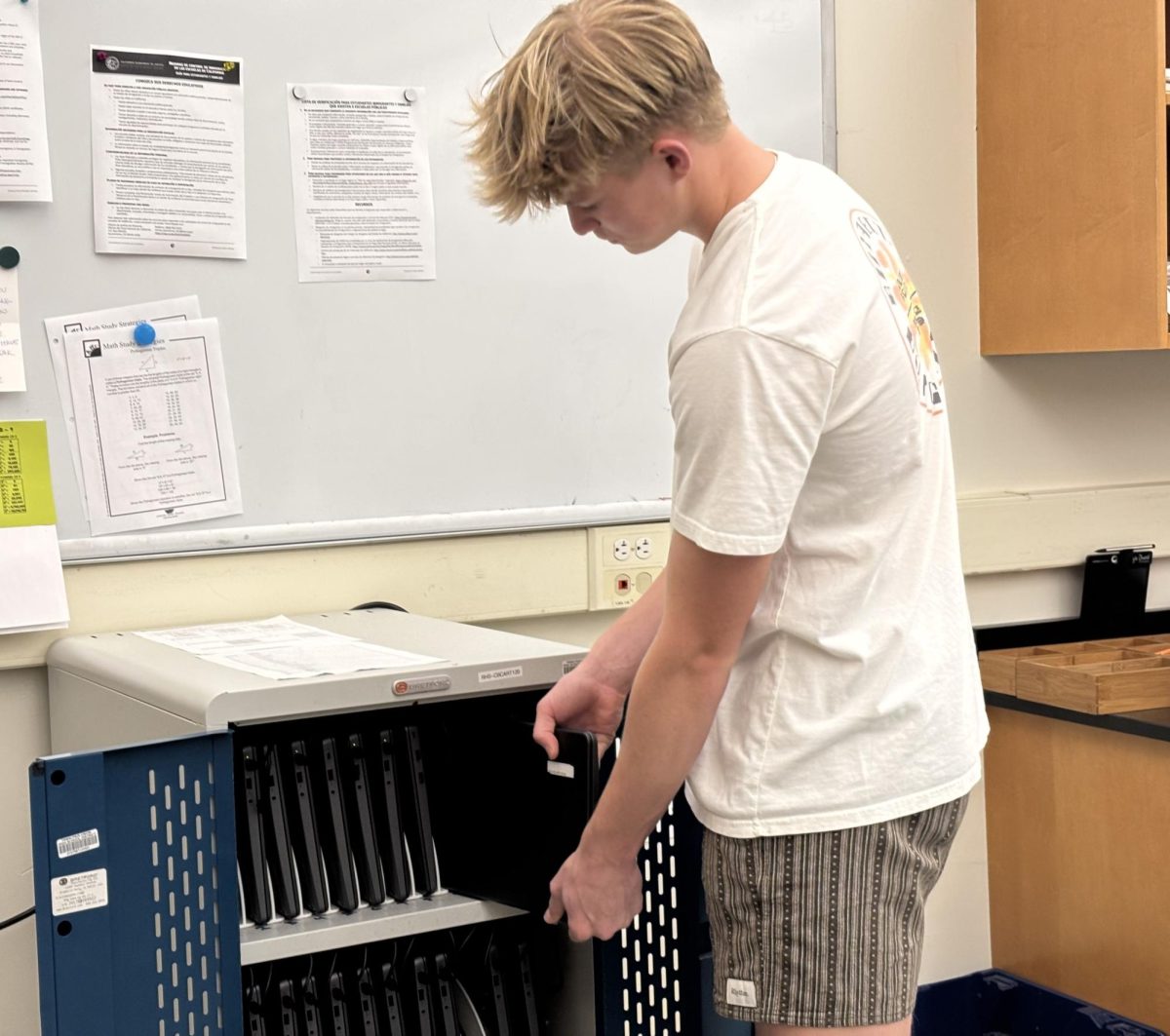Propylene glycol. Xylene. Acetaldehyde. Propionaldehyde. Nitrosamines. Lead.
Four years ago, when the Juul was first advertised as a safer alternative to smoking, it was not public knowledge that these chemicals and others like them existed within a single pod.
It is information like this that members of the Tobacco Use Prevention Education Program (TUPE) aim to educate the public on. In 2017, Redwood’s student-led program began presenting to the freshman class, but has now expanded to influence people throughout the Bay Area.
TUPE is a nationally recognized, state-funded organization that has been active at Redwood on and off for the past seven years. When it was first implemented in 2012, tobacco use among teens was not as pressing of an issue, so the district lost its funding from the state. However, as vaping became more prevalent among teens, funding was granted again.
That year, teacher facilitator Jonathan Hirsch assembled a team of 15 junior and senior peer educators to present on tobacco’s effects, and the audience soon expanded to Redwood staff and parents. As Redwood’s TUPE program has developed considerably, they have helped other schools strengthen theirs as well.
“[We’re] trying to empower kids and adults at other schools that are trying to do the right thing by showing them, ‘Hey, these are the steps that we’ve used. It’s not a prescription, but here’s our model, and hopefully some of this will work for you,’” Hirsch said.
Over the past three years, the program has reached Hall Middle School and various regional conferences. Their most recent presentation, Teens Tackle Tobacco, was held at the University of California, Berkeley on March 5 and 6 for roughly 75 people.
The Teens Tackle Tobacco conference aimed to help other schools strengthen their TUPE programs by teaching them how to vary presentation styles and strategies, according to junior member Michael Danne.
“Usually we give surveys after our presentations, and just seeing that everybody learns so much from [the presentations] and actually takes something away from them shows that we’re actually going in [to the meetings] and giving people the information they’ll use in the future,” Danne said.
A 2016 study published by the Public Library of Science revealed that 30.4 percent of students with TUPE programs at their schools had reported ever using tobacco. After the program gave informational presentations, this rate fell to 9.9 percent of students. Though outside factors influenced the decrease in tobacco use, TUPE played a large role in the rate’s decline. As an entity, TUPE aims to educate students through research-backed information so they can make their own decisions regarding tobacco use.
According to senior and TUPE member Julia Rose, scare tactics do not work to effectively inform people of the effects of vaping. Instead, educating listeners is more impactful. Information from TUPE presentations include how many cigarette packs are in a single Juul pod and how vapor and aerosol impact one’s lungs.
“I think that not many people understand how [vaping] can harm them, especially when it’s something that is legal and doesn’t have that bad of a rap yet because it’s all new,” Rose said. “Because we know the realities of [vaping] versus the fake front that [vape companies] put out, I think it’s important for us to spread that information rather than just keeping it hidden.”
While Rose understands it is difficult for 15 students to change a major social trend, she hopes that informing communities outside of Redw
ood will make a change. The program will continue presenting in April, reaching Tamalpais High School and Terra Linda High School, three more
conferences at UC Berkeley and a TU
PE state coordinators meeting in Sacramento.
According to Hirsch, staying in touch with schools nationwide will play a big part in strengthening the program, and is something the team encourages after every presentation.
“We’re all in this together. No one is going to be able to look you in the eye and say, ‘vaping is a good thing, vaping is healthy,’” Hirsch said. “We want to make sure that people are armed with accurate information.”








